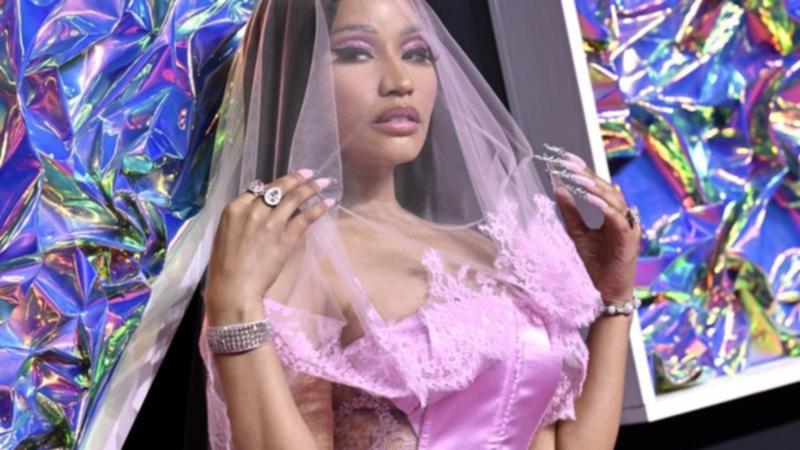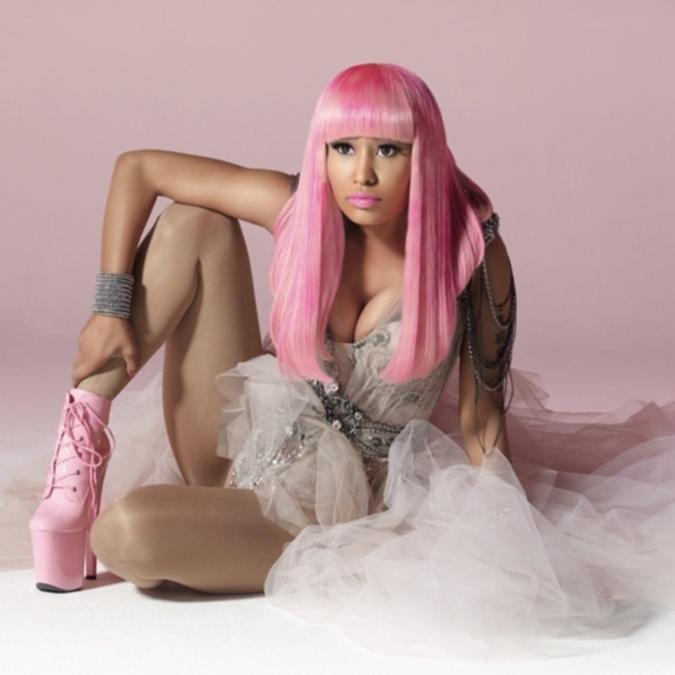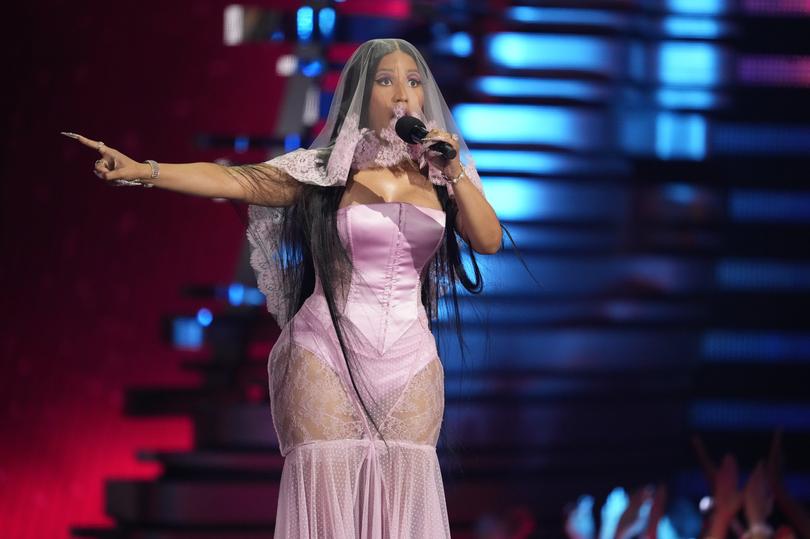The New York Times: Nicki Minaj, a role model for herself, and others
Before the arrival of Nicki Minaj in the late 2000s, only a handful of female rappers had ever released platinum solo albums

Before the arrival of Nicki Minaj in the late 2000s, only a handful of female rappers had ever released platinum solo albums: Lauryn Hill, Missy Elliott, Lil’ Kim, Foxy Brown, Da Brat, Eve. Despite their innovations and artistry — or maybe because of them — the genre had narrow expectations and accommodations for the expression of women, and often pitted them against each other, as if the space for anyone but men was zero-sum.
If hip-hop wouldn’t make room, Minaj would, though. Minaj — a theatre kid with a vicious tongue, a fierce freestyler, a polyvalent character actor — definitively broke that stalemate, becoming a pop superstar without having to strictly follow in the footsteps of any of those women. Instead, she expressed multitudes in her variety of song styles, her outfits, her accents and ultimately, the arc of her career. At times the latter has been in strict alignment with hip-hop’s centre; sometimes it has taken her to pop excess; at other moments, it has found her pursuing a path of rap idiosyncrasy.
More than a decade and a half after her first mixtape, Minaj, 41, is an elder stateswoman: still a cantankerous figure in the genre, and still a sometime hitmaker. This year, her two collaborations with Ice Spice — “Princess Diana” and “Barbie World” — cracked the Top 10, and last year, the Rick James-sampling “Super Freaky Girl became her first solo No. 1.
Sign up to The Nightly's newsletters.
Get the first look at the digital newspaper, curated daily stories and breaking headlines delivered to your inbox.
By continuing you agree to our Terms and Privacy Policy.Last week, she released “Pink Friday 2,” her fifth studio album (coming five years after her last, “Queen”), an up-and-down collection that showcases spurts of impressive rapping, some baffling melodies, and production that runs all the way from innovative to afterthought. But what’s most striking is that Minaj, more or less, is as she always has been: a star navigating hip-hop on sometimes untested terms.
One of the best songs here is the shortest: “Beep Beep,” with a twinkling beat and a lyrical snarl. The cheeky “Cowgirl,” which features a saccharine hook by Lourdiz, nods back to Minaj’s 2011 hit “Super Bass.” On both tracks, Minaj, one of the most rhythmically flexible rappers of all time, plays with syllables in an unfettered way.
But there are multiple Minajes on “Pink Friday 2.” It is a prototypical modern pop album, heavily — perhaps overly — reliant on big-tent samples that spark immediate familiarity (including her recent hit singles “Red Ruby da Sleeze” and “Super Freaky Girl”). In the past couple of years, instantly recognizable references have become cheat codes for pop and rap stars, but obvious sampling has also been a staple in emergent drill and club music scenes.

On “Everybody” — which features Lil Uzi Vert and plays with the exuberant hook of Junior Senior’s “Move Your Feet” — Minaj is toying with the way those two approaches aren’t so dissimilar. It’s one of the most invigorating performances she gives here, because she is an elastic enough rapper to both rough up pop sheen and smooth out underground rowdiness at once.
Understanding the genre as an identity playground has always been one of Minaj’s strengths, and often she’s showed off new versions of herself when collaborating. But the team-ups here with Drake (“Needle”) and Future (“Nicki Hendrix”) are surprisingly listless, though the pugnacious “RNB,” with Lil Wayne and Tate Kobang, is a standout.
Minaj got married in 2019 and had her first child the following year, and perhaps unavoidably, there is also a streak of intense sentimentality on this album, a mode that Minaj, whose best verses are imagistic and eccentric, has struggled with. She raps softly and distantly on “Are You Gone Already?” which samples Billie Eilish; “Let Me Calm Down,” a duet with J. Cole about a troubled relationship; and “Last Time I Saw You,” about the death of her father in 2021. The best song in this mode is “Blessings,” which includes some deeply invested singing from gospel star Tasha Cobbs Leonard.
Songs like these tend to mark someone in a transition toward reflection and maturity. The Minaj of old still feels more present. In the five years since her last solo album, the scale of the playing field claimed by female rappers has grown exponentially. TikTok has created a springboard for a cornucopia of rising stars with breakout hits (or at minimum, breakout catchphrases). And because young performers often emerge on visual-driven social media, the next generation of stars tend to default toward more visually vibrant presentations. The territory that Minaj worked hard to carve out 15 years ago is now the default starting point.
Even as Minaj has receded from the centre of the genre, her lessons remain. She sometimes spars with Cardi B, but the two have much in common. Ice Spice, who channels Minaj’s cartoon-esque visual exaggeration, is on an arena tour with Doja Cat, a mainstream pop star with boom-bap bona fides who feels like Minaj’s clearest inheritor. Younger performers like Lola Brooke, Scar Lip and Sexyy Red seem like they’ve arrived fully formed.

Just last week, XXL magazine released a special edition of its signature cipher series, this one including only women: Latto, Flo Milli, Monaleo, Maiya the Don and Mello Buckzz. All are under 25, and all have had some success, whether viral or on the pop chart. But their approaches vary widely.
Mello Buckzz, from Chicago, served up brash, right-angled rhymes; Maiya the Don, from Brooklyn, rapped with ease, sometimes sauntering in just after the beat, unbothered; Flo Milli, from Alabama, deployed a whimsical tone while casually playing with flow patterns; Monaleo, from Houston, had a verse that was ferocious and punchline-heavy. Latto, from Atlanta, is the elder of this group, and she closed out the affair with a tart, wry and slick verse about the dueling powers of independence and alliance.
It’s a snapshot, and a telling one — a reminder that there is no one way to be a woman in rap now, and that teamwork is preferable to turf war. These artists are aware of history but not beholden to it. They’re not doing Minaj cosplay, but she’s in them all.
This article originally appeared in The New York Times.
© 2023 The New York Times Company
Originally published on The New York Times
